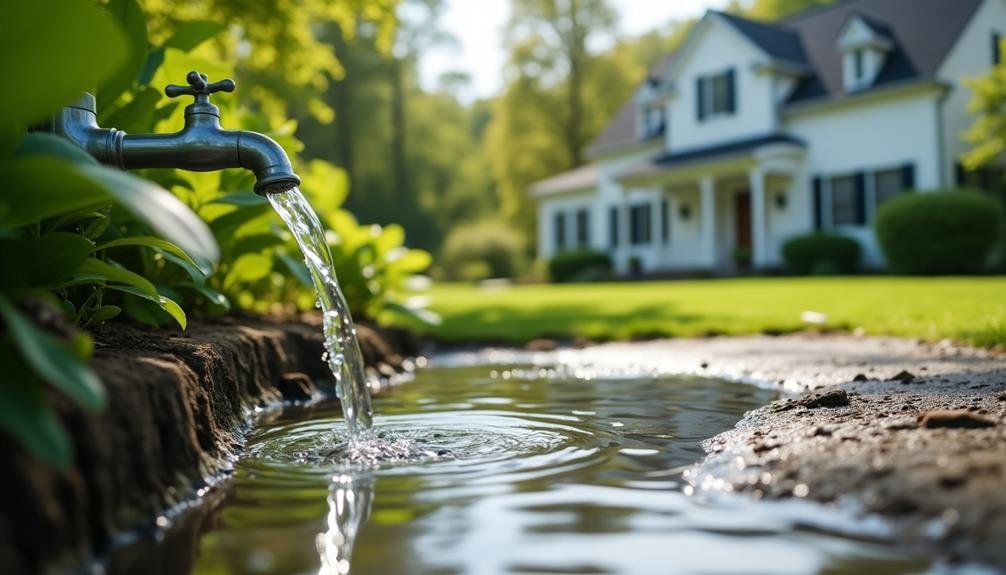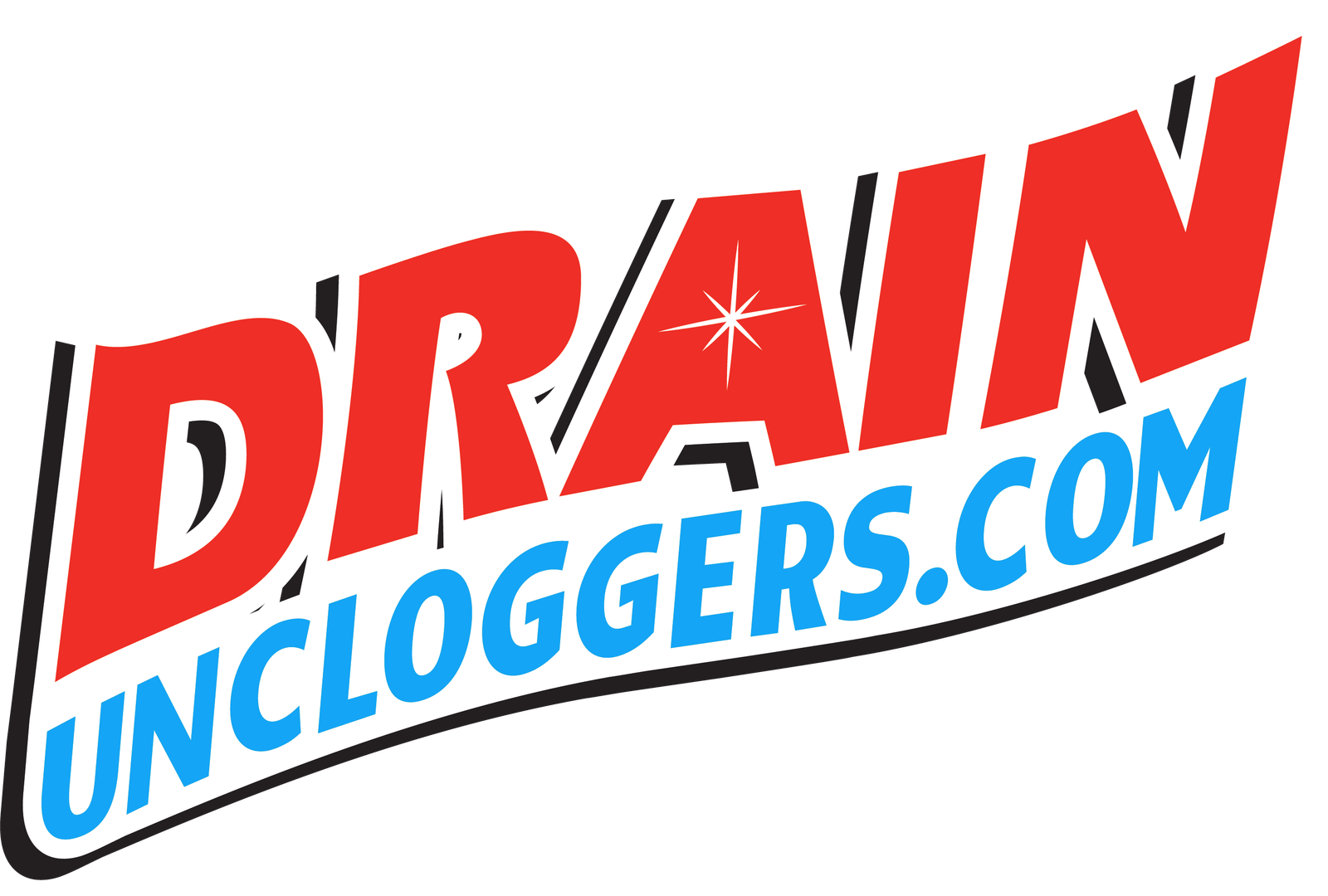You might not realize how much regular drain cleaning can enhance water flow in your New Jersey home. When you neglect those pesky clogs caused by hair, grease, and food particles, you risk not just slow drains, but bigger plumbing issues down the line. By keeping your drains clear, you're not only making daily tasks more efficient but also protecting your plumbing system's longevity. Curious about the common culprits behind these clogs and how you can tackle them effectively? Let's explore the essential aspects of maintaining your drains.
Importance of Regular Drain Cleaning
Regular drain cleaning is essential for maintaining the health of your home's plumbing system. Neglecting this crucial task can lead to various health implications, including the growth of mold and bacteria caused by stagnant water.
When drains become clogged, wastewater can back up, creating an unsanitary environment that can affect your family's well-being. By scheduling regular cleanings, you not only ensure a healthy home but also prevent costly repairs down the line.
You'll find that investing in routine drain cleaning leads to significant cost savings. Clogs can escalate into more severe plumbing issues, requiring extensive repairs or even complete system replacements.
By addressing minor blockages early, you're protecting your wallet and extending the lifespan of your plumbing. Moreover, clean drains promote efficient water flow, reducing the risk of overflow and water damage.
Incorporating regular drain cleaning into your home maintenance routine is a small step that reaps big rewards. You're not just maintaining your plumbing; you're safeguarding your family's health and finances.
Common Causes of Clogged Drains
Clogged drains can be a homeowner's nightmare, often stemming from a few common culprits.
One of the biggest offenders is food particles. If you're not careful, bits of food can accumulate in your kitchen sink, leading to blockages.
Additionally, hair buildup in bathroom drains can create serious issues. When hair mixes with soap residue, it forms a sticky mass that traps more debris, exacerbating the problem.
Grease accumulation is another major cause of clogged drains. Cooking oils and fats can solidify and cling to your pipes, gradually narrowing the flow.
In older homes, plumbing age can also contribute to clogs; worn pipes are more susceptible to blockages.
Benefits of Improved Water Flow
Improved water flow in your home can significantly enhance your daily routines and overall quality of life. When your plumbing system works efficiently, you'll notice that tasks like showering, washing dishes, and doing laundry become quicker and easier. This enhanced plumbing efficiency means you won't have to deal with frustrating slow drains or backups, allowing you to focus on what truly matters.
Additionally, a well-maintained drainage system contributes to water conservation. With improved flow, you'll use less water for tasks that require it, which not only saves you money on your utility bills but also helps protect the environment. By reducing water waste, you're playing a part in sustaining our precious resources.
Moreover, better water flow can prevent costly plumbing issues down the line. Regular drain cleaning ensures that your pipes remain clear, reducing the risk of clogs and the need for emergency repairs.
This proactive approach allows you to enjoy a hassle-free home environment, where water flows smoothly when you need it most. Overall, investing in improved water flow enhances your home's functionality and promotes sustainable living practices.
DIY Drain Cleaning Techniques
When it comes to maintaining your home's plumbing, DIY drain cleaning techniques can save you time and money. You don't always need to call a professional to tackle minor clogs or slow drains. Instead, reach for some basic plumbing tools and natural solutions that can do the job effectively.
Start with a plunger; it's an essential tool in any household. A few firm pushes can often dislodge minor blockages. If the clog persists, try a mixture of baking soda and vinegar. Pour a cup of baking soda down the drain, followed by a cup of vinegar. Let it sit for about 30 minutes, then flush with hot water. This natural solution can break down grease and debris without harsh chemicals.
For tougher clogs, consider using a drain snake. This plumbing tool can reach deeper into pipes, grabbing hair and other materials that cause blockages.
When to Call a Professional
Sometimes, despite your best DIY efforts, drain issues can escalate beyond a simple fix. Knowing when to call in professional services can save you time, stress, and money. Pay attention to the signs needing immediate attention. If you notice persistent slow drainage, foul odors, or frequent clogs, it's time to take action.
Another critical sign is when multiple drains in your home back up simultaneously. This could indicate a more significant issue in your plumbing system, such as a main line blockage. If you've tried plunging or using a drain snake without success, don't hesitate to reach out for help.
Utilizing harsh chemicals can sometimes worsen the problem and damage your pipes, so it's best to leave stubborn issues to the pros.
Additionally, if you see water pooling around your yard or notice an increase in your water bill without explanation, these can be signs of a hidden leak. Professional services can quickly diagnose and resolve the problem efficiently.


